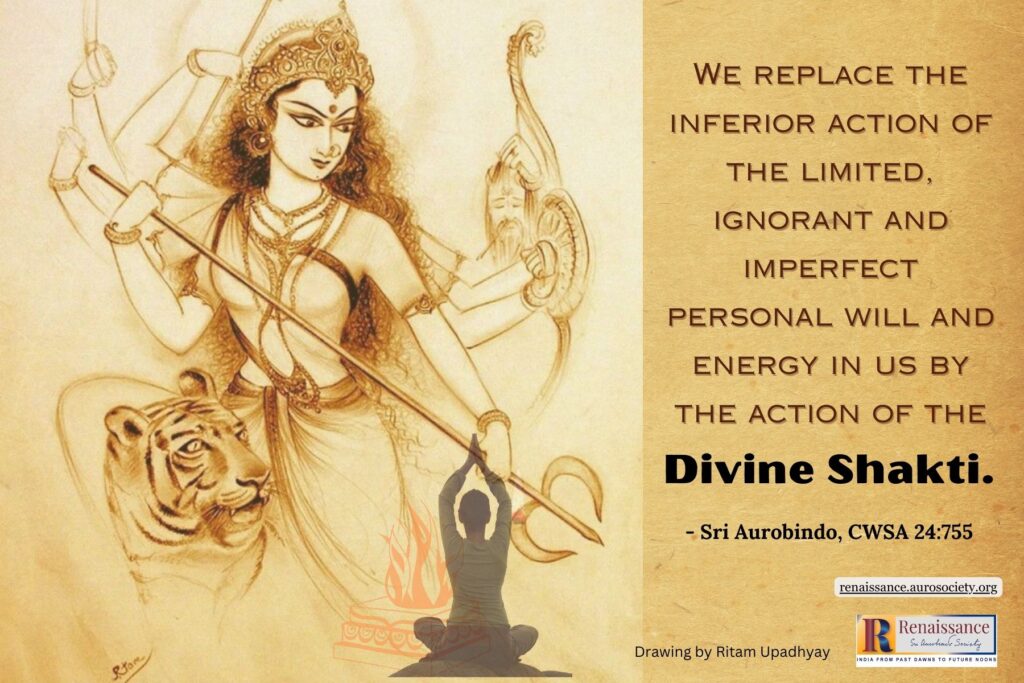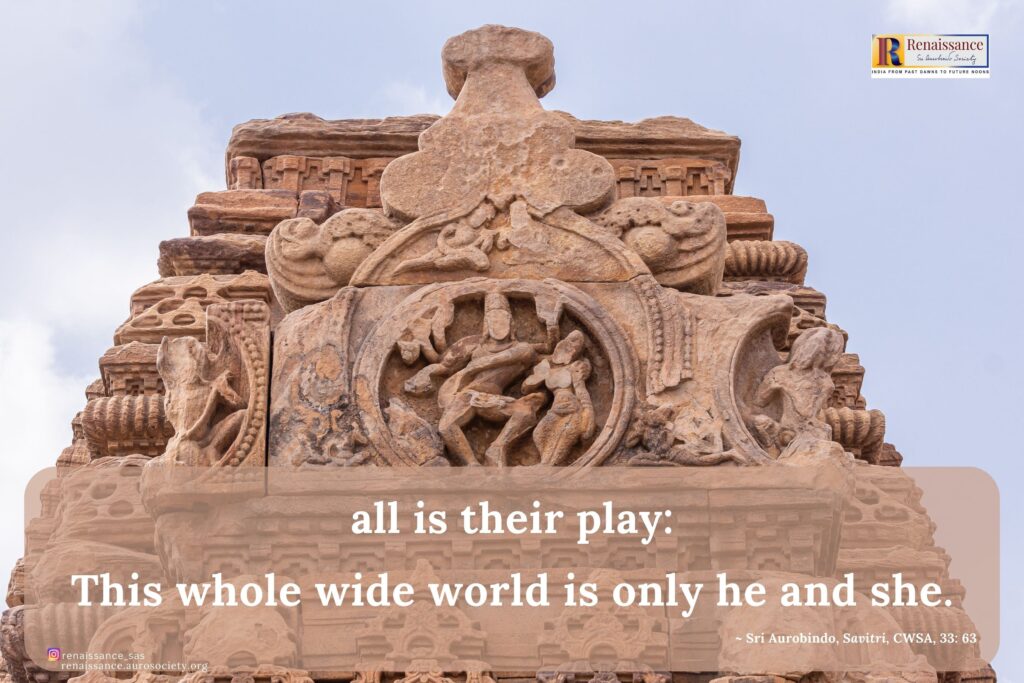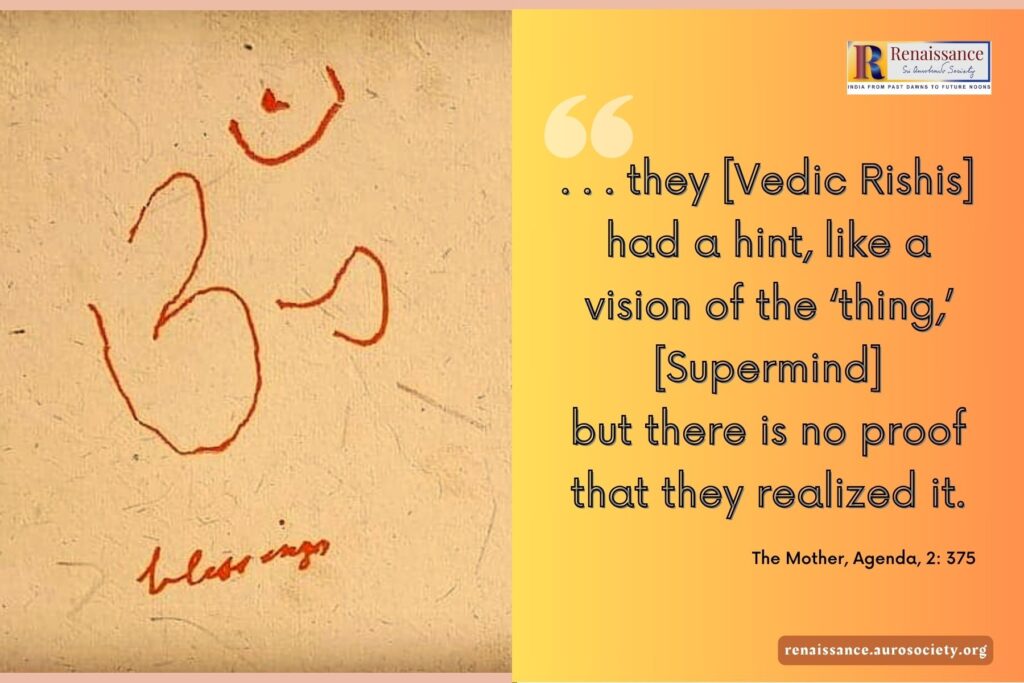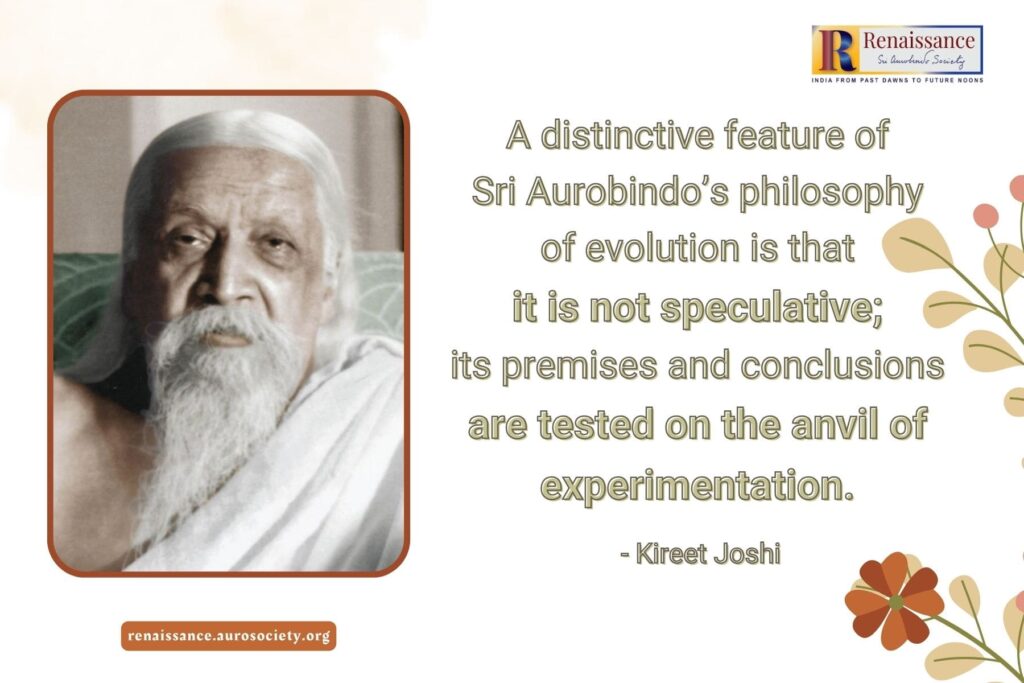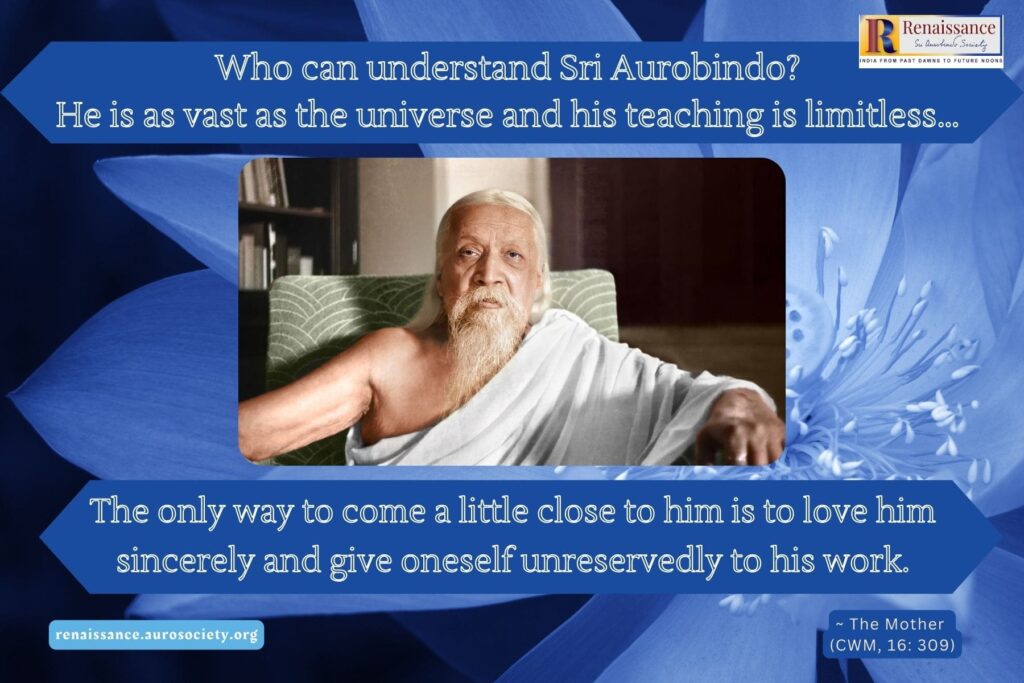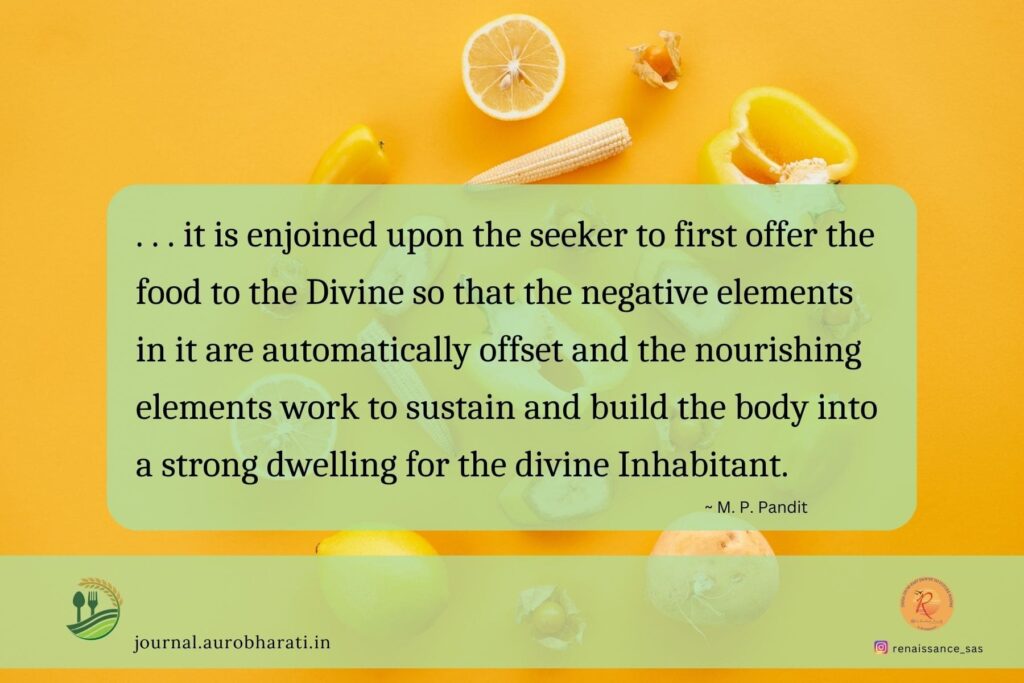The Divine Shakti – Part 2
Sri Aurobindo emphasizes that the perfection sought in the integral Yoga is not only to be one with the Shakti in her highest spiritual power and in her universal action, but to realise and possess her fullness in our individual being and nature.
The Divine Shakti – Part 2 Read More »

